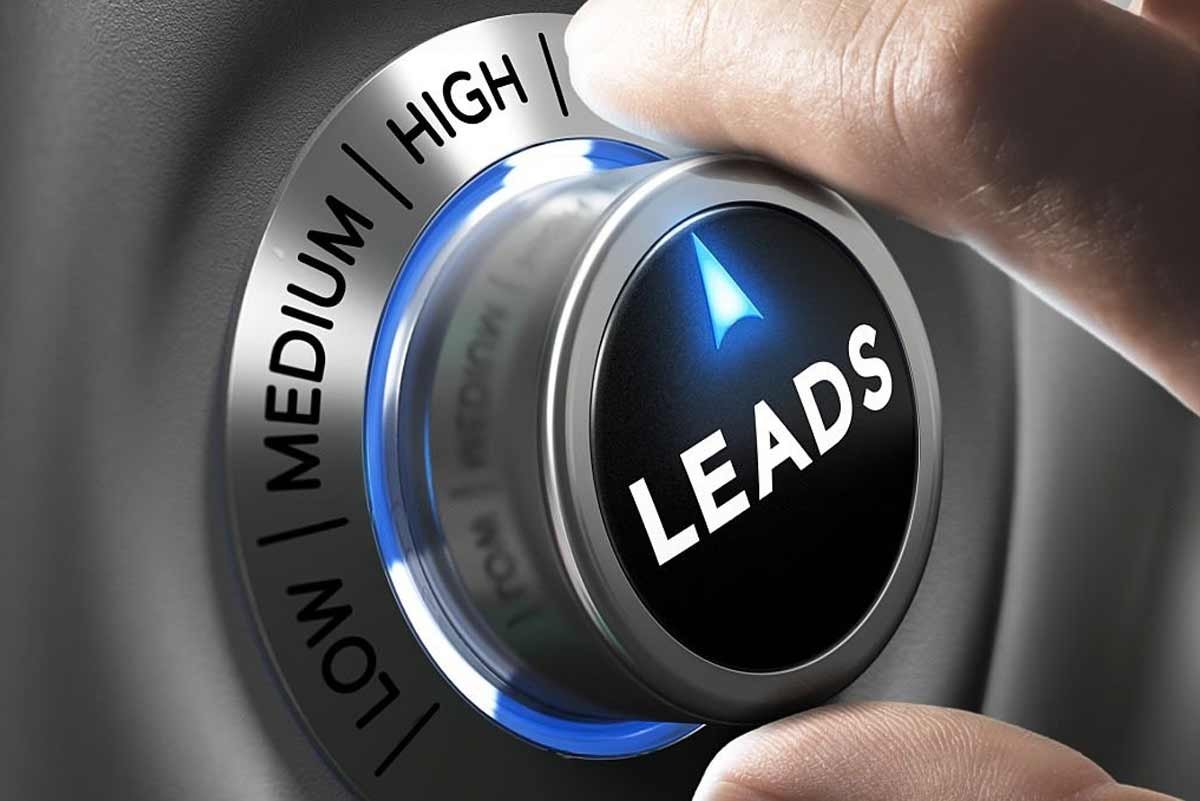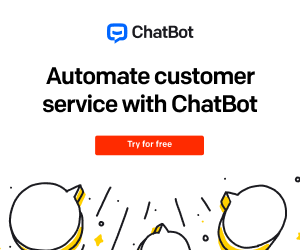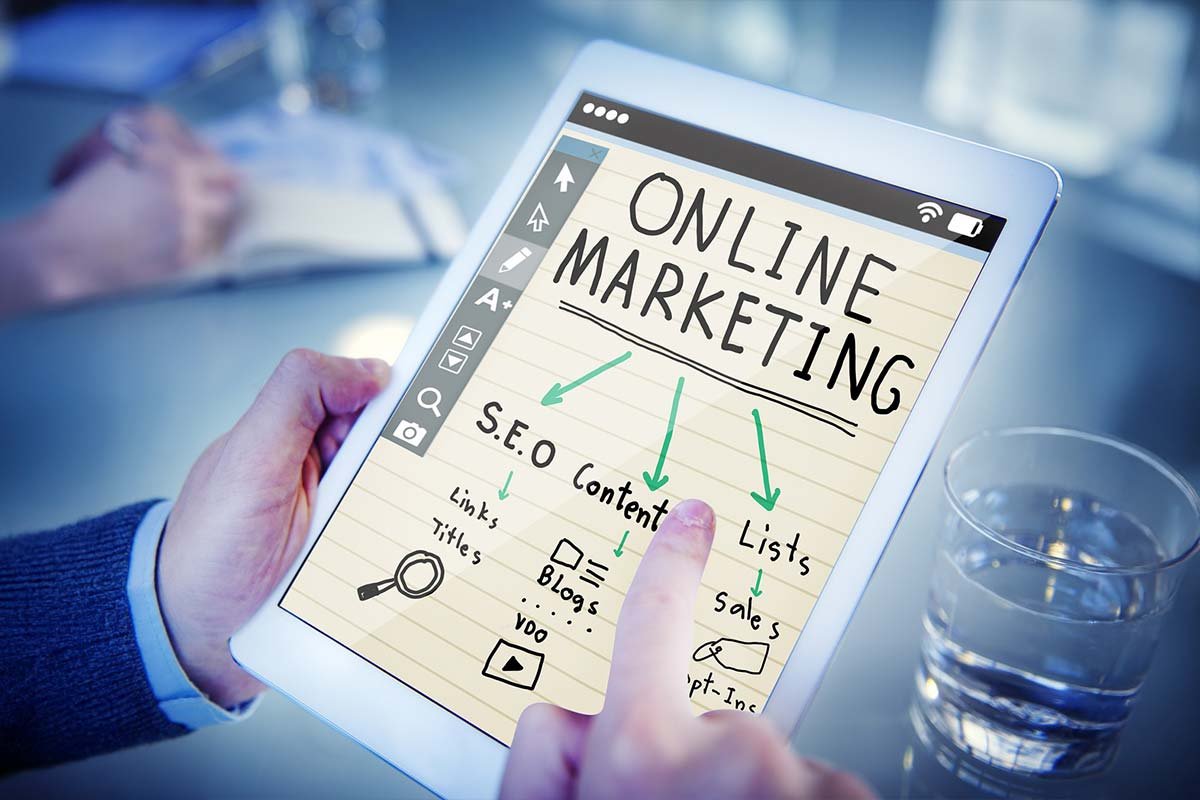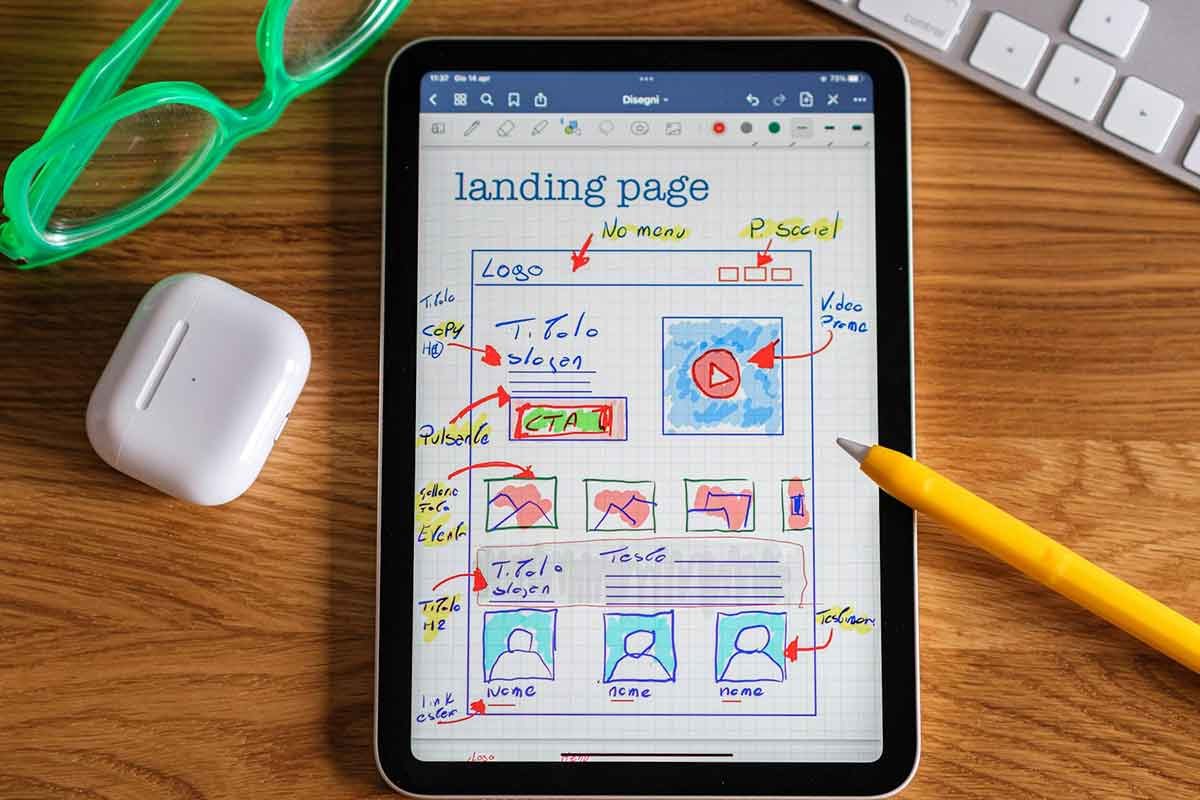10 Proven Ways to Leverage AI to Improve Lead Conversion
Artificial intelligence (AI) is transforming businesses and how they operate. One area where AI can have a significant impact is in optimizing lead conversion rates. Here are 10 ways organizations can leverage AI to improve lead conversion:
1. Predict Lead Scoring with AI
 Lead scoring is a methodology used to qualify and prioritize leads based on a set of predefined criteria. Typically, marketing teams will score leads based on demographic data, behaviors, and interactions. However, this process can be time-consuming and inaccurate using traditional methods.
Lead scoring is a methodology used to qualify and prioritize leads based on a set of predefined criteria. Typically, marketing teams will score leads based on demographic data, behaviors, and interactions. However, this process can be time-consuming and inaccurate using traditional methods.
With AI, lead scoring can be automated and optimized by analyzing huge volumes of data across multiple touchpoints. Machine learning algorithms can determine which lead attributes are predictive of conversion. They can then accurately score new leads accordingly. This allows sales and marketing teams to focus efforts on engaging the highest quality leads.
A business.adobe.com/resources/articles/lead-scoring.html by Marketo found that predictive lead scoring using machine learning increased conversion rates by 10-30%.
2. Create Hyper-Personalized Lead Nurturing Campaigns
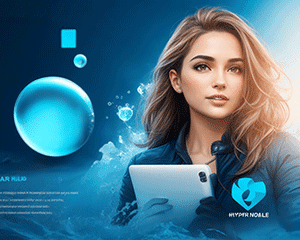 Lead nurturing is the process of building relationships with prospects through helpful and relevant content. The goal is to earn trust and guide leads through the buyer’s journey until they are sales-ready.
Lead nurturing is the process of building relationships with prospects through helpful and relevant content. The goal is to earn trust and guide leads through the buyer’s journey until they are sales-ready.
With AI capabilities like natural language processing (NLP), marketing automation platforms can analyze conversations and written content to understand a lead’s unique interests and pain points. This insight allows marketers to deliver hyper-personalized messaging and recommendations at each touchpoint along the customer journey.
According to Aberdeen.com, companies using AI for lead nurturing see a 10% or greater increase in conversions compared to those that don’t.
3. Optimize Content with Natural Language Generation
High-quality, relevant content is key for capturing visitor attention and driving conversions. But consistently producing fresh, customized content at scale is extremely difficult for human marketers. This is where natural language generation (NLG) comes into play.
NLG is a type of AI that can automatically generate written content tailored to an individual reader’s preferences. It can create blog posts, social media captions, landing page copy, emails, and more. Marketers provide the AI with background information and let the technology compose all the content.
Gartner predicts that by 2025, 25% of enterprise content will be machine-generated. This will allow for faster production of higher-converting content.
4. Recommend Products with AI Product Matching
When visitors land on your website, how do you provide relevant product recommendations without overwhelming them? AI-powered product matching solutions can analyze visitor behavior and match them to products most likely to meet their needs.
This technology tracks online interactions to understand context and intent. It then suggests products that fulfill the individual’s unique requirements. As a result, customers feel understood and are more likely to make a purchase.
In one case study, Growth.Design found that AI-powered product recommendations increased conversion rates by 266%.
5. Enable Self-Service with Conversational AI Chatbots
 When leads visit your website, they often have questions they need answered before they will convert. If live chat agents aren’t available, leads may exit your site without converting. AI chatbots provide an instant self-service option, answering common questions 24/7.
When leads visit your website, they often have questions they need answered before they will convert. If live chat agents aren’t available, leads may exit your site without converting. AI chatbots provide an instant self-service option, answering common questions 24/7.
With NLP capabilities, chatbots understand visitor questions and provide accurate answers in natural conversations. They scale easily to serve more web traffic, ensuring no leads slip through the cracks. Chatbots also collect lead contact info for future nurturing.
According to IBM, chatbots can improve conversion rates by up to 70%.
6. Route Leads Intelligently with AI-Based Routing
Once a lead is sales-ready, how they are routed to the right sales rep is critical for timely follow-up. Routing leads manually based on geography or alphabetical assignments leaves room for mismatch. AI-based routing uses machine learning algorithms to determine the optimal sales rep to route each lead to.
It analyzes rep competencies, past interactions, workload and more to drive conversions. Reps only receive leads well-suited to them, improving engagement and conversion performance. This prevents leads from falling through the cracks between overloaded reps.
According to McKinsey, AI-optimized lead routing can increase conversion rates by up to 50%.
7. Score Sales Readiness with Predictive Analytics
Even after lead nurturing, not all prospects are ready to buy when they reach sales reps. This results in wasted sales effort on “unready” leads. Predictive analytics uses machine learning on CRM data to assess a lead’s sales readiness. This provides a “sales readiness score” to enable reps to prioritize higher potential leads.
The algorithms analyze numerous attributes to determine if a lead is likely to convert soon or needs further nurturing. Reps spend their valuable time on hot prospects first, boosting conversions.
According to Aberdeen, companies with predictive lead scoring convert 6x as many leads as those with no lead scoring at all.
8. Recommend Next Best Actions with Intelligence Engagement
Sales reps often struggle to know which follow-up action will progress a lead most effectively. AI-based intelligence engagement platforms guide reps with the optimal “next best action” for each lead. This transforms lead engagement from guesswork to science-based interactions.
By assessing past lead interactions, these tools recognize patterns that precede conversions. The AI then suggests the action most statistically likely to convert each unique lead, whether it is a follow-up call, email, or pushing to sales nurturing. This empowers reps to focus on high-impact tasks.
According to G2, 72% of businesses using AI-based sales engagement saw increased conversions within 6 months.
9. Analyze Calls with Conversational AI
 It’s hard for sales reps to retain everything from customer calls to enhance future interactions. Conversational AI solutions use NLP to analyze recorded sales calls. They can identify key topics and extract insights to inform rep decisions.
It’s hard for sales reps to retain everything from customer calls to enhance future interactions. Conversational AI solutions use NLP to analyze recorded sales calls. They can identify key topics and extract insights to inform rep decisions.
The AI transforms unstructured call data into detailed summaries highlighting pain points, objections, and hints of readiness to purchase. These insights help reps tailor future conversations for higher conversion. The AI also recommends better questions to ask based on call analysis.
As per Salesforce, sales reps using conversational intelligence convert up to 45% more leads than those who don’t.
10. Forecast Deals with AI-Based Predictive Analytics
Converting a lead is the first step. But how do you ensure sales reps close the deal in a timely manner? AI-powered predictive analytics models the likelihood of a conversion event happening. This forecasting capability is based on analysis of historical sales cycles.
Predictive analytics scores deals with a percentage probability of closing within a given timeframe. It assesses signals like lead source, contact title, and past purchase behavior to refine conversion forecasts. Managers can track deals and take proactive action to ensure higher close rates.
According to McKinsey, predictive analytics can improve forecast accuracy by up to 40%.
Putting It All Together
Leveraging AI throughout the lead conversion process – from attracting visitors to securing deals – is key for sales and marketing success. Technologies like machine learning, NLP, NLG, predictive analytics and conversational AI can optimize conversions at every touchpoint.
However, these tools are only as smart as the data they learn from. Business must ensure they capture high-quality lead interaction data across channels to maximize AI potential. With sufficient data, AI’s capabilities scale infinitely to understand customers, recommend actions, and predict outcomes.
The result is hyper-personalized, scalable and science-driven customer engagement. Leads smoothly progress through predictive lead scoring, tailored nurturing and intelligent routing to sales reps who use AI insights to convert more deals. If leveraged properly, AI can revolutionize lead conversion and boost revenue growth.
The Future with AI
The conversion optimization use cases for AI covered here are just the tip of the iceberg. As the technology advances, AI’s application in businesses will become more creative and expansive. We are already seeing AI transform areas like:
- Digital advertisements that adapt in real-time based on viewer engagement
- Dynamic pricing models that maximize profit and conversion simultaneously
- Supply chain forecasting that predicts demands with high accuracy
- Fraud detection with enhanced pattern recognition capabilities
The possibilities are endless. While AI adoption does require some technical know-how, the return on that investment is game-changing. Companies who embrace AI early will gain sustainable competitive advantage in converting leads ahead of their industry peers.
It’s an exciting time to harness the power of artificial intelligence to develop connections with customers and grow revenue like never before. The ten strategies outlined here are a great place to start realizing AI’s immense potential within any business.
